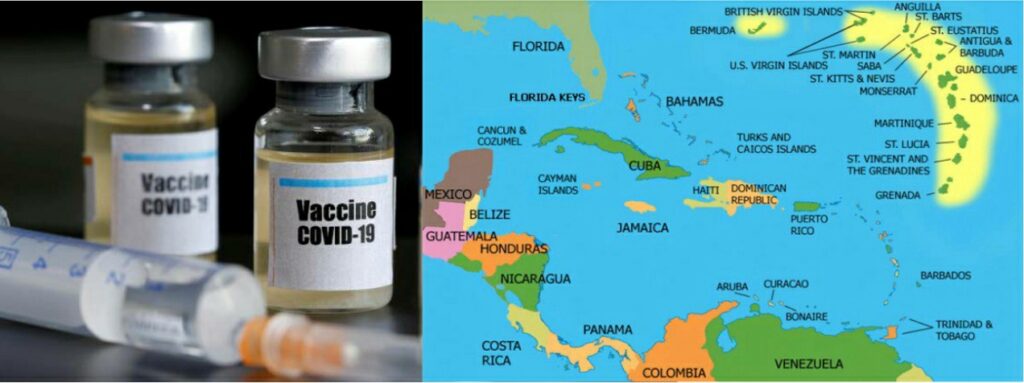
The typical profile of a Caribbean national refusing the vaccine to combat COVID-19 is a person out of formal work and educated to secondary level.
This conclusion sums up the finding of a new study on vaccine hesitancy in six Caribbean Community countries.
The United Nations Children’s Fund (UNICEF) commissioned the study while the United States Agency for International Development funded it.
It examines the extent of, and reasons for, vaccine hesitancy and whether vaccine-hesitant people have changed their minds.
The study, conducted by the Barbados-based Caribbean Development Research Services Inc (CADRES), included Barbados, Trinidad and Tobago, Dominica, Grenada, St. Lucia, St. Vincent, and the Grenadines in its study.
These countries have indicated that between 40 and 46 percent of their population have received the vaccine.
CADRES surveyed more than 5,000 people. According to the study, 24 percent of the unvaccinated respondents believe the vaccines were developed too quickly and are uncertain about what is in them.
One in five said taking the vaccine is a choice, and they choose not to do so.
Need for more medical and scientific information about the vaccine
Fifty-one percent of the respondents cite the need for more medical and scientific information. Furthermore, 40 percent want to know more about side effects and efficacy. Also, 30 percent want information on the impact of the vaccine on sexual health and their ability to have children.
In addition, 39 percent said they may re-think their position if they required the COVID-19 vaccination to travel overseas, while 34 percent may reconsider if it was necessary to get or keep a job.
The study also highlighted respondents’ thoughts on vaccinating their children. Whereas 62 percent across the six countries said they had received the vaccine, most were against vaccinating their children, with only 24 percent at pre-school, 31 percent at primary level, and 48 percent at the secondary level.
Some highlighted the need to tailor vaccine promotion interventions. The study found that what works with one country and one person doesn’t necessarily work with another. Therefore, it is crucial to find ways to reach the typical vaccine-hesitant individual – young and not working in the formal sector – with targeted interventions.
“This report will help feed into our behavior change management program. So your profile of the unvaccinated in Trinidad and Tobago will certainly help us come up with a more focused policy intervention and communications strategy,” said Trinidad and Tobago’s Health Minister, Terrence Deyalsingh.
UNICEF’s Representative for the Eastern Caribbean Area, Dr. Aloys Kamuragiye, pledged strengthened commitment.
“I urge you [to] take this data seriously. I urge you to continuously invest in research…UNICEF stands ready to support you as you seek to develop evidence-informed interventions, and I look forward to our continued collaboration in 2022 as we address vaccine hesitancy,” he added.